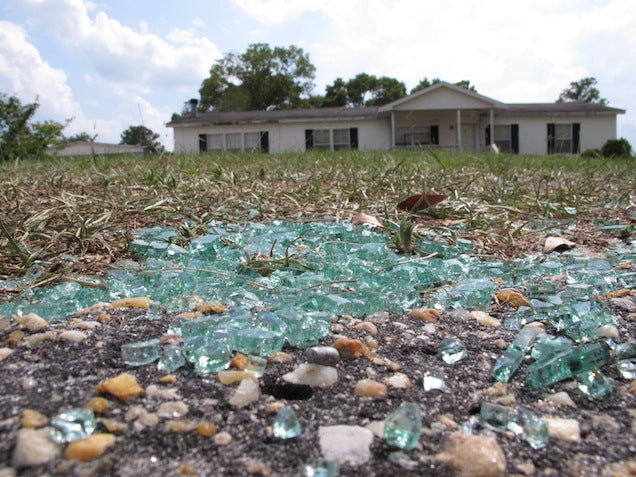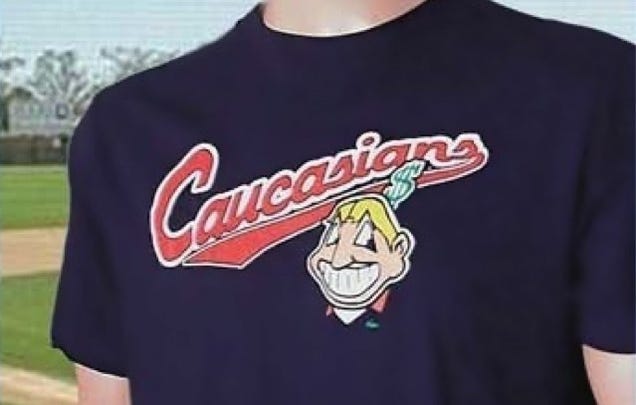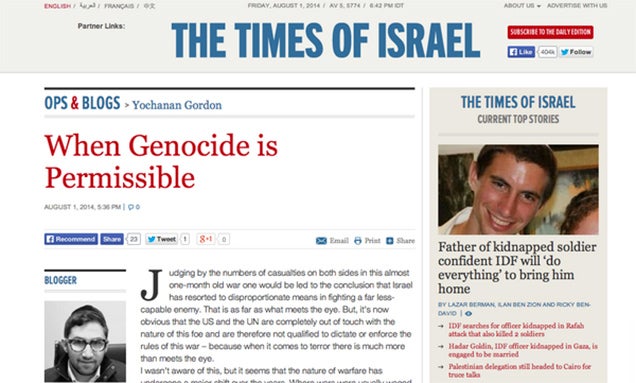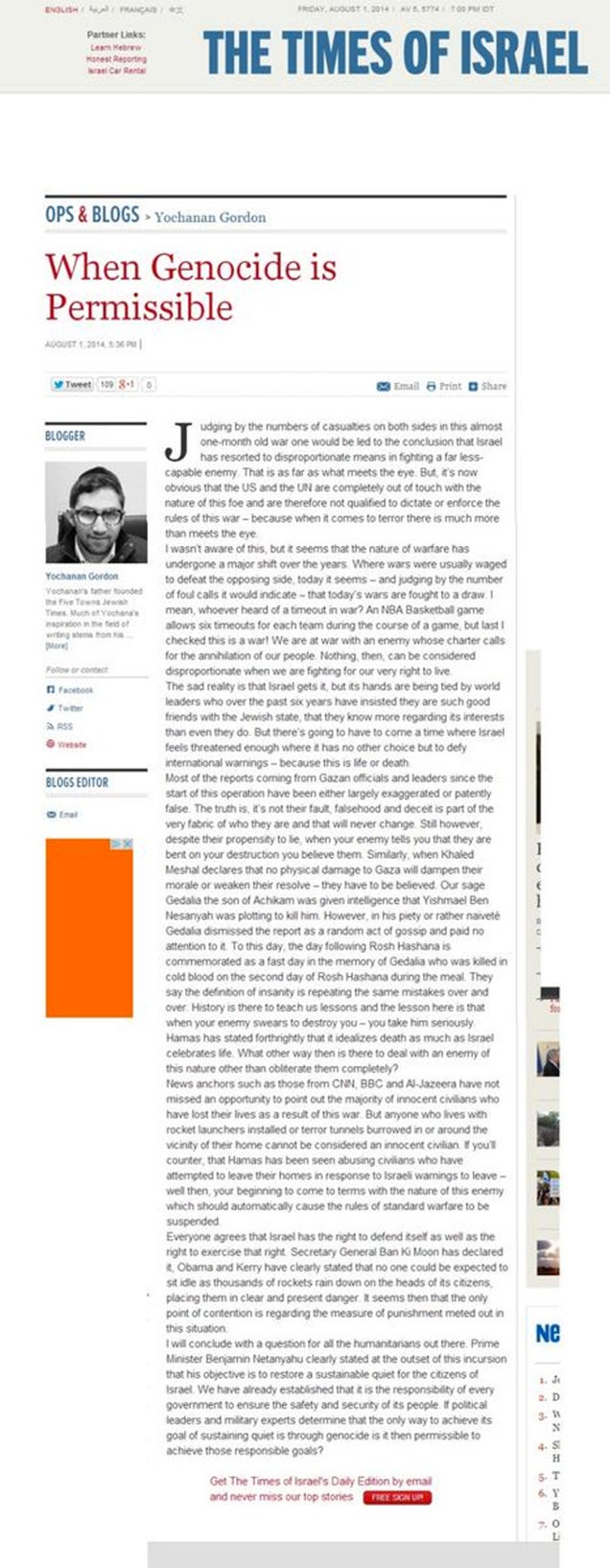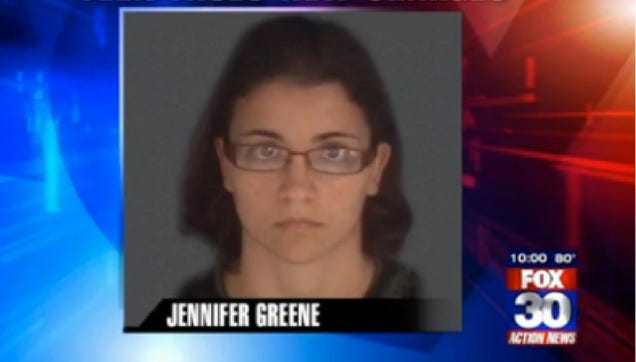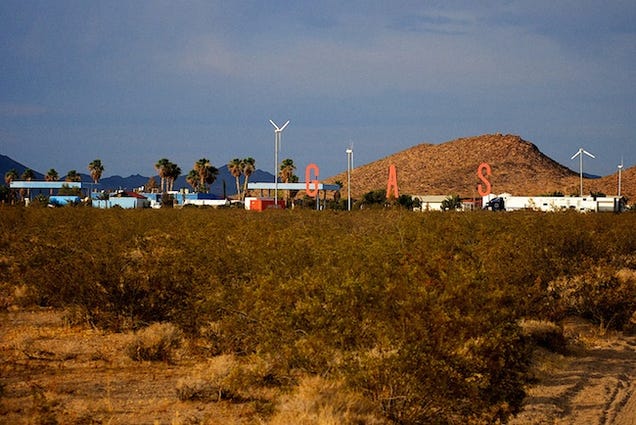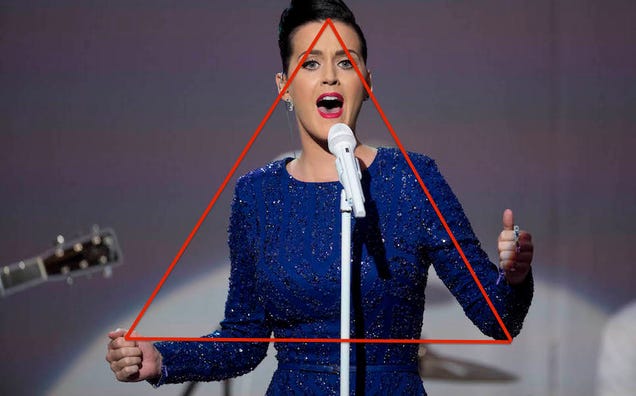![Letters from The West: Babies and Road Trips]()
A week later, the summer monsoons are still pouring down across the Rio Grande Valley, as my wife, Kirbi, and I wait here at Goat Farm for the birth of our son.
The due date came and went last weekend with just a few false contractions—so now we're just kind of sitting around, occasionally going outside in between storms to pet the goats or plant flowers while we wait for something to happen.
You see, I made my mind up after a particularly scary moment early in Kirbi's pregnancy that I wasn't going to freak out over anything related to pregnancy anymore until someone who actually knows what the hell they're talking about gives me a concrete reason to do so, which hasn't happened yet.
I figure it was either do that or risk a sudden, catastrophic stroke every other week for nine months. I'm 41 now, and the risk for that sort of thing is going up…
But the co-sleeper is set up, the changing table is ready for dirty diapers, the Baby Bjorne is as bjorned as it's going to get, the car seat installed and triple-checked and the teddy bear with the little shirt that says "Love from Nellis Air Force Base, Nevada!" is ready to be cuddled. Now we're just patiently waiting, which has actually given me a lot of time to get all philosophical and think about exactly what it is I want our son to know and learn from me as he grows into adulthood.
There are a few easy, highly practical lessons, I guess. Things that fall firmly under the "don't" category that like an idiot I had to learn the hard way, and with any luck my son won't have to learn at all:
Don't sniff glue. Don't sniff magic markers. Don't sniff paint. Don't sell your school supplies to others so they can sniff them. Compound hunting bows aren't toys. Roman candle fights always end badly. Gasoline isn't a toy. Don't accidentally light papers on fire in your desk at school with gunpowder from a cap gun. Don't do a Pete Rose slide on asphalt. Slugs are inappropriate pets. Don't sniff gasoline. Don't taste gasoline. Don't light a wheelbarrow full of gasoline on fire just to see what happens. Just please avoid gasoline. I beg you, son, stay away from gasoline. Also power lines. Avoid describing your honest emotions when writing about death to a new audience. Don't drink gin above 10,000 feet. Don't play cards with anyone over the age of 60. Don't move to Tucson unless you have a job in hand. Don't get an English degree…
But just constantly saying "no" to a mile-long list of dumb crap isn't really parenting—it's more like being an HR manager, and that sounds like 18 years or so of hell for everybody involved. What kind of positive impact do I want to make on my son's life?
I honestly have no specific ideas beyond being generally kind and caring. I guess I'll just play it by ear, making it up as I go along like every parent has since the first parents crawled out of the ooze 500 million years ago.
But there is one thing for certain: I want my son to like road trips.
Road Trips = Good, Television = Bad, Dogs = Well...
I love road trips—I always have and I guess I always will.
It's how you see and learn about a new place, getting out to walk around weird towns like Barstow, Port Angeles or Cortez, or stopping in some tourist trap like Wall Drug or the World's Largest Prairie Dog to happily buy crap like bumper stickers, snow globes, hat pins, key chains, genuine Navajo turquoise jewelry imported from China or souvenir t-shirts featuring a drawing of a donkey with "I Lost My Ass in Reno" scrawled across the top and which will inevitably become a dust rag when you get home—and you wouldn't have it any other way.
![Letters from The West: Babies and Road Trips]()
Gas station somewhere east of Barstow, Calif. (Photo by Jason M. Vaughn)
It's doing things like keeping tabs of the license plates you see as you cruise for a parking space in Yellowstone, finding yourself shouting things like "Hey, there's a Quebec!" without the slightest trace of irony or self-consciousness. It's learning about mountains and valleys and farms and history and people in a hands-on way that schools will always fail to do.
It's about having some control over your journey through life, and being more than a piece of cargo-meat strapped to the floor of some shitty commuter jet, drinking a can of warm Coke, sitting next to a human fart machine for three hours while staring out the window and wondering if this is the flight where a poorly-maintained chunk of wing just sort of falls off and the plane makes a graceful spiraling arc straight into a canyon wall, or if you'll just end up in Oakland as scheduled—and honestly not giving much of a shit either way.
I'm my happiest when I'm driving long distances—12 hours straight or longer—stopping only long enough to gas up, cruising through deserts or mountains, listening to music, making terrible jokes, admiring the landscape, irritating the hell out of whoever is stuck riding beside me, being a tour guide for the places I've been before, getting lost in places I never knew existed…
It's therapy. It's a great way to clear your mind, put the past in perspective and figure out what to do next. Not to get too Kerouac-y about it, but it's all about the journey—not the destination, you dig?
But if you want to appreciate the road, you have to leave some things behind…
Televisions, for instance. The worst idea ever put into action in the history of road tripping has to be the introduction of television screens into cars. The upper half of most passenger cars are made mostly of glass—dark tinted and glare-resistant for your driving pleasure, allowing almost complete visibility out into the great American landscape, with all its purple mountains' majesty and amber waves of grain, etc…
But that wasn't enough to keep the kids quiet, so somebody decided to put televisions in the back seat—usually the head rest—so the kids can stare at the back of your head and watch the same goddamn cartoons they watch at home instead of irritating you with questions about where they are or where they're going. It's a straight-up admission that we, as a nation, just don't give a fuck about anything anymore except keeping the children quiet until we reach the amusement park/hotel/grandma's house or wherever half-assed vacations are spent.
I want my son to ask me questions about the world around him. I don't want to keep him quiet and staring at a screen while the world passes him by, I want him to be engaged and excited about the journey and not just the destination…and I'm sure that every one of those self-righteous words will come back to haunt me in some nightmarish fashion at some point in the next decade, probably while driving through western Kansas.
Nothing good ever happens in western Kansas. I've been through it a thousand times over the years, and it's all just tornadoes, failure and hate out there.
But at the moment I'm serious, goddamn it! Turn off the TV and look out the window!
Also, leave the dog at home.
I love dogs. At any given time there are three or four huge country dogs of indeterminate breed wandering around Goat Farm, chasing off squirrels and lounging around on the porch during the day and keeping guard for coyotes, bobcats and any stranger dumb enough to tangle with a farm dog at night. They're absolute sweethearts, and were born to ride around in the back of a pickup truck and keep an eye on things.
I still wouldn't take one with me on vacation. No way in hell.
Seriously, leave the dog at home. Most dogs love car rides, but after a few hours most will still get incredibly car sick. Even the ones that don't vomit all over the interior of your car will only be fun up to a point— like, say, you're driving through Yellowstone and your supposedly well-trained dog, overwhelmed with their dumb dog instincts, shoots out the window after a bison or moose or a herd of elk and gets immediately stomped to death. Or jumps into a scalding hot spring. Or just wanders away from your campsite into the woods in the night to follow some strange new smell, never to be seen again.
Good luck explaining that one to your kid: "Son, please don't look out the rear window because (insert your dog's name here) just had his face torn off by a grizzly bear. Now who wants ice cream? I know I do, but only little boys who don't look out the rear window to gaze at the grisly horror show we're leaving behind in the parking lot get ice cream! Sweet, delicious ice cream..."
You may think that you have one of those dogs who just travels well, but I guarantee that you don't. Please put the dog in a kennel until you get back.
Building Memories Through Violent Cowboys and Volcanic Ash
Maybe the best way to impart a love of long road trips is to try and build up some good memories, stuff that becomes part of your family's catalog of legends. For instance, when I was a wee lad of four or so, my family went on a road trip from our home in Kansas City to Yellowstone National Park.
Our favorite route, or at least the fastest route at that time (the mid-70's), took us across I-90 in South Dakota, where we stayed the night in the town of Mitchell, home of the famed Mitchell Corn Palace—which much later as an older child I was disappointed to learn was not actually made of corn (corn pillars, corn roof, corn toilets, etc…) but was just a normal building covered in corn, which in my mind is kind of a rip-off.
Kind of like the Cow Palace, which didn't live up to it's name either; or Hell's Half Acre, which it turns out is not in the fiery depths of the biblical Hell at all but is instead just a pretty canyon in Wyoming.
![Letters from The West: Babies and Road Trips]()
A van full of mariachis cruising down I-80 in western Nebraska. (Photo by Jason M. Vaughn)
Anyway, we had coincidentally arrived in Mitchell in time for their big rodeo. If your town has never experienced an authentic small-time rodeo, forget anything you might have seen on television. A small town Friday night rodeo is where cowboys from across the area would gather to rope calves, ride bulls, bust saddle broncs, generally terrorize the locals, drink and pill themselves up into blackout rages, beat the mortal shit out of each other in parking lots, wake up in jail pissing blood, etc…for maybe a couple hundred bucks in prize money.
That night at the motel (we tended to stay at some hall-of-fame-worthy budget hellholes on our road trips, not even name-brand places but genuine dumps with names like "The I-25 Inn" and "Motel 5") was apparently terrorizing for my parents, with the sounds of drunken cowboys yelling and fighting outside our door throughout the night. I guess I slept on through it, but my parents finally decided enough was enough around 4:00 a.m. and we packed up to leave.
I'm told that as we were leaving, and I was being carried out to the car, I awoke just long enough to say—loud and clear in my sweet four-year-old voice—"Look at all the nice cowboys!"
I then fell right back to sleep.
Whiskey bottles stopped in mid-air, fists halted in mid-punch as a motel parking lot full of wasted cowboys and bikers froze in a rictus, wondering what the hell it was they just heard. Heads turned to look at us as my mortified parents shoved me and the suitcases into the backseat and we took off down the road as fast as our Ford Maverick could take us.
Or the time we were driving through Washington a few months after Mount St. Helens erupted in 1980, which was easily one of the most fascinating events of my childhood. It got me stuck in a nerdy life-long geology kick that I'll probably never get over—to this day I collect small rocks from every place we visit, dutifully hauling them from place to place every time we move. Fortunately, Kirbi does the exact same thing, except she likes collecting big, hernia-inducing chunks of granite or basalt instead of the little samples I like to take. So, yeah, we're pretty much perfect for each other.
And I still want to be a volcanologist when I grow up.
But we were driving across the plains of eastern Washington on our way to visit my great-uncle Hughie in Seattle when we stopped in some little town for gas. Volcanic ash covered the land like snow. Great piles of the stuff were shoveled up along the edges of parking lots and roads. It was in the car, on our clothes, in our lungs…
Yet, when we went inside the gas station, they were selling little plastic globes filled with "Authentic Mount St. Helens Volcanic Ash" for $10 a pop, and—apparently suffering a sudden bout of amnesia regarding of our immediate surroundings— I pretty much lost my shit when my parents refused to get one for me. Yes, I have matured a bit since then.
But I loved every ashy second of that road trip.
Denouement
We plan on getting our son used to the road as soon as his development will allow. Quick day trips at first—up to Taos or maybe down to White Sands. We might even get adventurous this fall and head up to Colorado for a weekend to see the aspens turn. It'll be a while before we try out camping with a young child, but I'm sure that'll be part of the mix at some point in the not-too-distant future.
![Letters from The West: Babies and Road Trips]()
A pre-pregnancy Kirbi Vaughn taking a stroll across White Sands National Monument. (Photo by Jason M. Vaughn)
Before too long, we'll be going on some really long adventures. We'll also be staying at our fair share of terrible motels along the way, buying up souvenirs like jackalope shot glasses and Grand Canyon Viewmaster slides and visiting weird towns like Baker, Scottsbluff and Medicine Lodge, looking intently for license plates from Hawaii and Chihuahua as we search for a parking spot at Mount Rushmore or Yosemite Falls.
I'll probably (begrudgingly) cave in and take a dog with us at some point, too. But I'll still draw the line at in-car televisions.
Mostly, though, we'll be on the road. I really hope our son wouldn't have it any other way.
Top photo by Jason M. Vaughn
